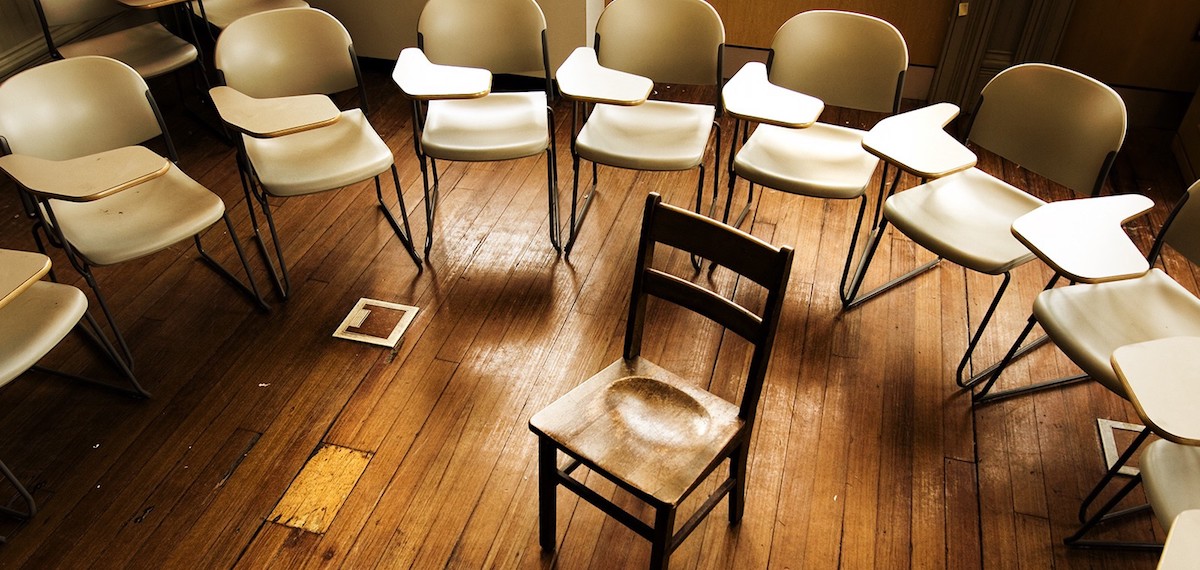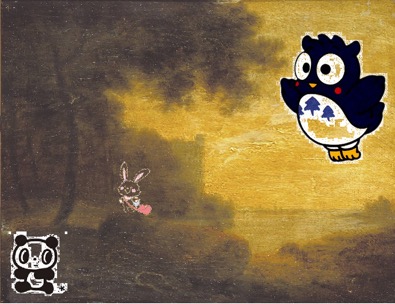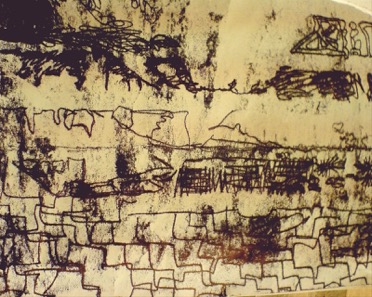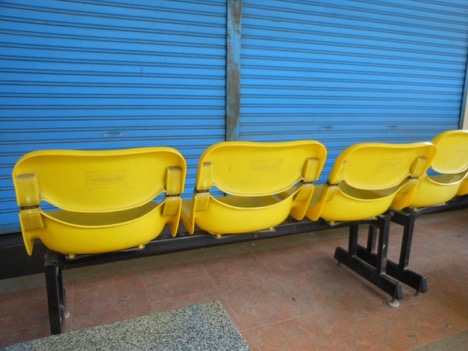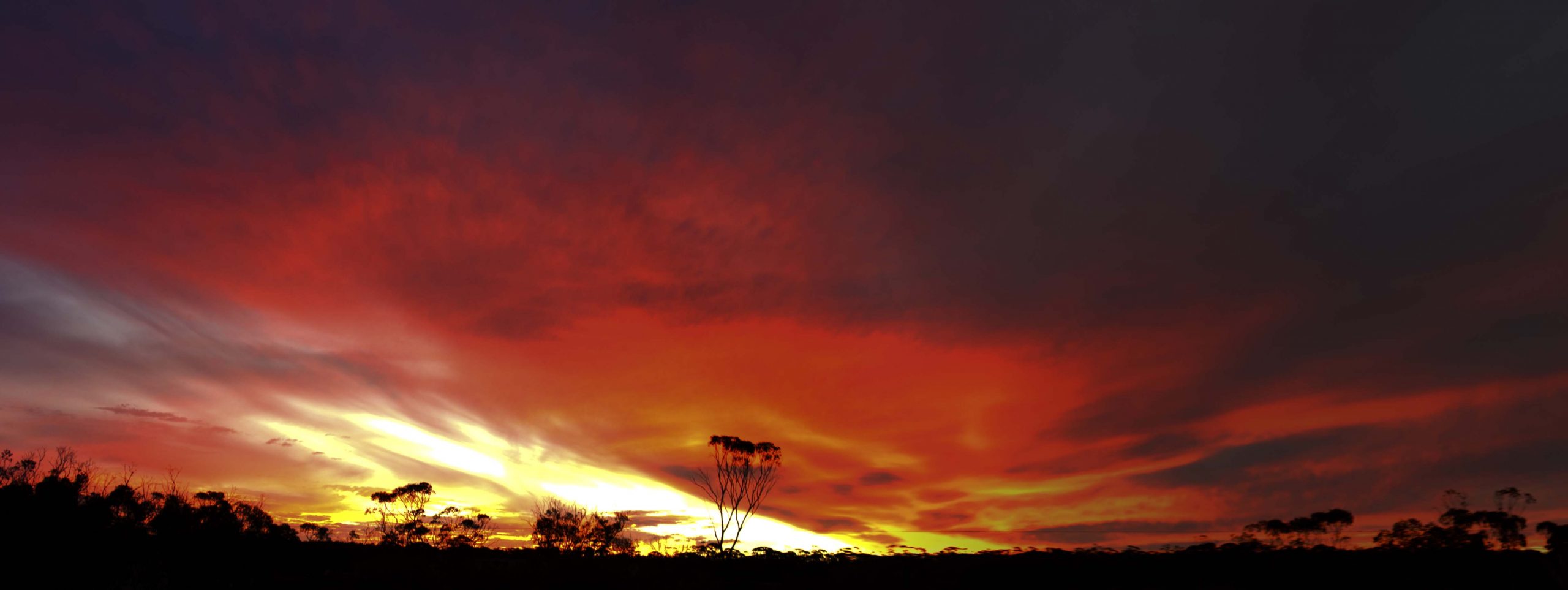by A.J. Carruthers ―For Pam B., Michael B., Fiona H. & Justin C. In this final blog post I want us to all get making. To get into the spirit of active experimentation, I want to share some personal writing practices here in the form of five achievable aesthetic categories: stale, flat, daggy, austere, and vaporous. These “categories” are also primers for writing. At the end of each section there are exercises to try. To speak about aesthetic categories in poetry is to issue a pragmatics of the experimental writing process. These primers are pragmatic and constructivist. Sianne Ngai, in introducing…
… read more
